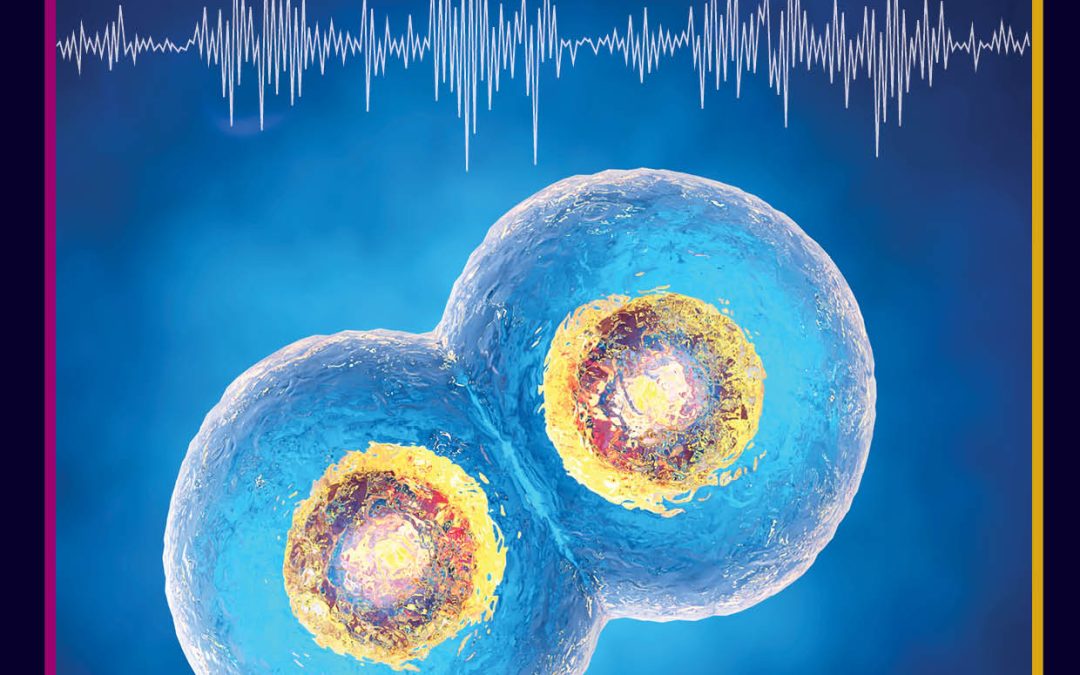
by admin | Jul 27, 2022 | biology, earth and environment
Cowpea is an extremely versatile food crop. Packed with high-quality protein, it has become a staple legume in many households in Africa, where it is indigenous. Cowpea also cycles nutrients back into the soil, supporting sustainable farming and healthy ecological networks. However, the production of this sustainable crop faces many hurdles, including drought, pesticide use, and declining soil quality. In a recent review, Professor Olubukola Oluranti Babalola of North-West University in South Africa outlines the issues facing cowpea production and highlights potential solutions.

by admin | Jul 19, 2022 | biology, biology animated, research animated
Many scientific concepts are applicable to multiple disciplines and across spatial scales, from the microscopic to the global. As such, scientists from different disciplines must communicate effectively – through a shared scientific language – for effective collaboration and scientific advancement. With this aim, Dr Laura Tipton of Chaminade University and her colleagues from the University of Hawai’i investigate the history of ecological terminology, in order to work towards building a common lexicon that bridges ecology and microbiome science.

by admin | Jun 15, 2022 | biology, trending
It may be surprising to know, that you – and all other mammals – are technically cynodonts. The first cynodonts appeared approximately 260 million years ago as small creatures about the size of a house cat. A particular group of cynodonts evolved to become more ‘mammal-like’, eventually evolving into the first true mammals. Dr Jennifer Botha from the National Museum, Bloemfontein in South Africa studies the anatomy and life history of specimens along the cynodont–mammalian transition, to gain key insights into the origins and evolution of mammals.

by admin | Jun 9, 2022 | biology, earth and environment, trending
An ancient relationship between plants and fungi could help us improve forestry and agriculture, while also responding to the challenges posed by climate change. These beneficial fungi, along with their bacteria helpers, help plants to grow bigger and healthier, and survive droughts. An international team of researchers has been investigating how these fungi and bacteria increase mineral availability for Scots pine and red pine seedlings through mineral weathering.

by admin | Jun 1, 2022 | biology
Many scientific concepts are applicable to multiple disciplines and across spatial scales, from the microscopic to the global. As such, scientists from different disciplines must communicate effectively – through a shared scientific language – for effective collaboration and scientific advancement. With this aim, Dr Laura Tipton of Chaminade University and her colleagues from the University of Hawai’i investigate the history of ecological terminology, in order to work towards building a common lexicon that bridges ecology and microbiome science.

by admin | May 25, 2022 | biology, physical sciences, trending
Energy is vital for life. It allows important functions to occur in living systems, from the molecular level to the scale of the whole organism. Dr Helen Greenwood Hansma, from the University of California in Santa Barbara, believes that the types of energy used in living cells can provide clues to help us understand the origins of life. In her recent research, she explores how mechanical energy could have driven the processes that gave rise to early life in the absence of chemical energy.






